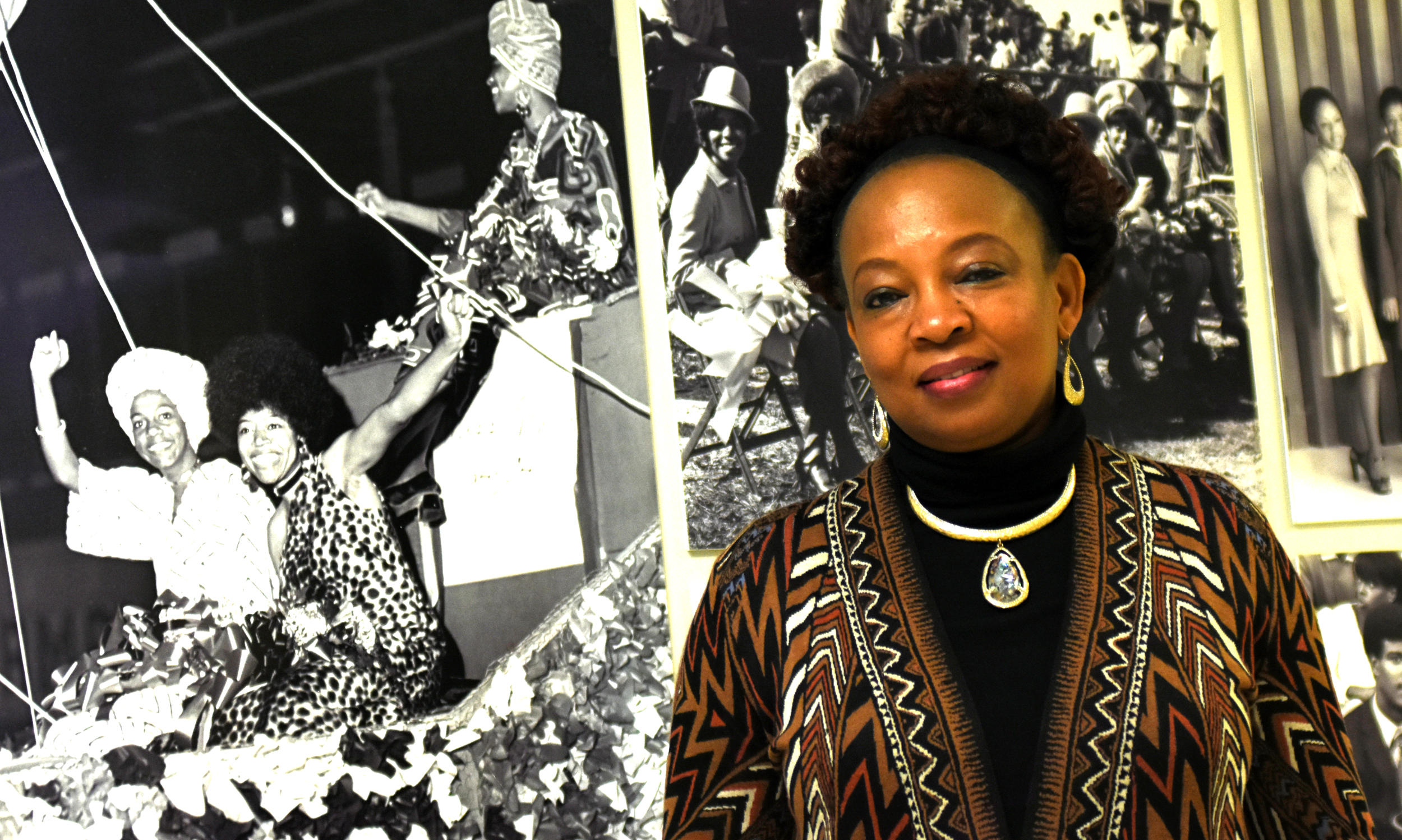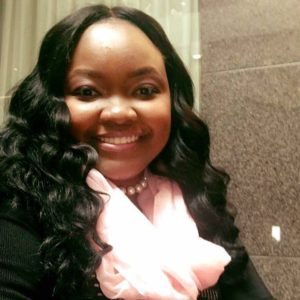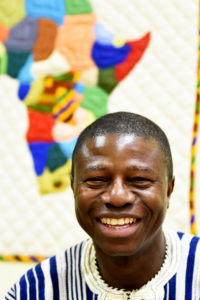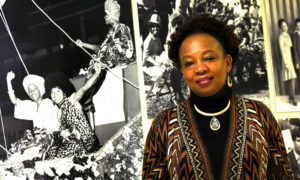
By Solomon Crenshaw Jr.
For the Birmingham Times
Sylvia “Sly” Kinuthia is a 28-year-old from Kenya and owner of SoHoz, a beauty-salon and -product business in Wildwood. While there are a few Kenyans among her customers, most of her clientele would call themselves African-Americans.
She does not.
“They were born in America,” Kinuthia said. “I wouldn’t call them African-Americans; they are more Americans. It makes sense to call people Americans instead of calling them African-Americans or white Americans.

“Where I was born, when you’re born in a certain country, regardless of your color, you’re called a Kenyan.”
Metro Birmingham is home to many natives of Ethiopia, Ghana, Kenya, Liberia, Nigeria that are among the 54 countries that comprise the continent of Africa. They have come to America and the Magic City for education, family, employment, and many other reasons.
Kinuthia came to the United States in September 2010 for a fresh start.
“I was in an abusive relationship,” she said. “That’s why I came here, to start over. I didn’t like it in New York. It wasn’t easy for me to start a business in New York.”
Stops in Minnesota, California, and Georgia followed before she settled in Birmingham in November 2010. She likes the climate for business here.
“There are so many ventures you can get into in Birmingham, compared with other states,” she said.
Ghanaians
Paul Amamoo, MD, a pediatrician and native of Ghana, has been in the United States since earning a scholarship to Miles College.
Birmingham’s Ghanaian population is small, he said: “It’s not as large as the Nigerian community, … which has a much larger [local] population. But now there are quite a few Ghanaians; I would venture to say that there are close to 200 in the greater Birmingham area.”
Like Kinuthia, Amamoo has encountered the generalization of being labeled African.
“I say, ‘Yes, I am,’” Amamoo said. “Then I try to educate them that, yes, I was born in Africa, but I am from a country called Ghana. I try to teach them where Ghana is.”
With great pride, Amamoo noted that former President Barack Obama’s first stop on his trip to Africa was to Ghana.
Liberians

The Rev. Eddie G. Gibson, pastor of the Brewster Road Community Church in Grayson Valley, is from Liberia.
“There is a large community of Africans [in Birmingham],” he said. “When we moved here, we met people from Liberia. Then, quickly we met people from Kenya, people from Ghana, from Nigeria, Ethiopia. There’s a large African community scattered throughout the city.”
Gibson and his family left Liberia as refugees in another African country in 1990 because of civil unrest. A young missionary who had worked in Liberia for two years had returned to Birmingham and arranged for the family to come over and escape the war.
“We came in January 1991,” he recalled. “We moved back [to Liberia] in April 1995. We ran out in April 1996 and [moved to] Birmingham because we [had] friends, we had people that we knew here. That’s why we came back here in 1996. We came to Birmingham as a place of refuge.”
Gibson went on to get an education in Birmingham, attending Samford University. Countless people from nations in Africa and across the globe come to the United States to attend college—and they often remain.
Nigerians
Fifty-nine-year-old Anthonia Adadevoh is from Nigeria. She is the dean of general education at Miles College, as well as a professor in and the chair of the school’s Division of Humanities. She has been in Birmingham 34 years; she moved here with her husband, Vidal, who had been hired for a position at BellSouth. She estimates that there are at least 2,000 Nigerians in metro Birmingham.

Adadevoh and her husband are board members of the Nigerian American Progressive Society (NAPS). According to its website, the organization was founded in 1988 as a support network for Nigerians and their families. It was also meant to be a tool for spreading information about Nigeria and Africa to Americans.
“We portray the Nigerian culture,” Adadevoh said. “We go to schools [and] talk about Nigerian culture. We also help [college-bound students] by providing tutoring [for standardized tests].”
Adadevoh also noted the efforts of the African Women’s Association: “Our group is made up of women from different African countries—Uganda, Kenya, Zaire, South Africa, and many others—who do [a broad range of] community work.”
Judith Ryans is from Benin City, capital of the Edo state in southern Nigeria. She rarely gives her first name of Ehimwenma, which means “my guardian angel is good.”
Ryans, 27, lives in Bessemer and is a registered nurse at the University of Alabama at Birmingham (UAB). She moved to Birmingham to get an education, initially at Lawson State Community College, and she is now working on her bachelor’s and master’s degrees at UAB.
“My godparents are Ghanaian. My pastor is Ghanaian,” she said. “I have a lot of Nigerian friends; we work together or went to school together. And I am part of a worship group with other Africans here in Birmingham. I have a very good connection with the African community.
“You just run into friends who are African. If someone comes [to the city], we invite them to church, where they can meet other Africans. There is a Nigerian church here, and a Kenyan church also.”
Ryans said the generalization of being African fails to acknowledge the diversity of each country, much less the continent. Her native Nigeria has more than 1,000 ethnicities and more than 1,000 languages.
“Someone can say he’s from Nigeria, but what part of Nigeria are you from? From the north, east, south, or west?” she said. “Just because we’re from Nigeria doesn’t mean we speak the same language or the same dialect. I just feel people are not enlightened.”
Common Bond
People from Kenya and Tanzania tend to be independent, Gibson said, adding that he is not aware of a singular, cohesive African community organization.
“Once we are out of the continent, wherever we meet we are brothers and sisters,” the Brewster Road pastor said, recalling a woman from Kenya greeting his wife as “my sister.”
Asked if they were siblings, Gibson recalled his wife saying they were sisters in the sense that they’re from the same continent.
“Even in one African country like mine, there are so many different tribal groups,” he said. “That does not separate us. Once somebody knows that we’re from Africa we share that kinship. That’s our common bond.”




